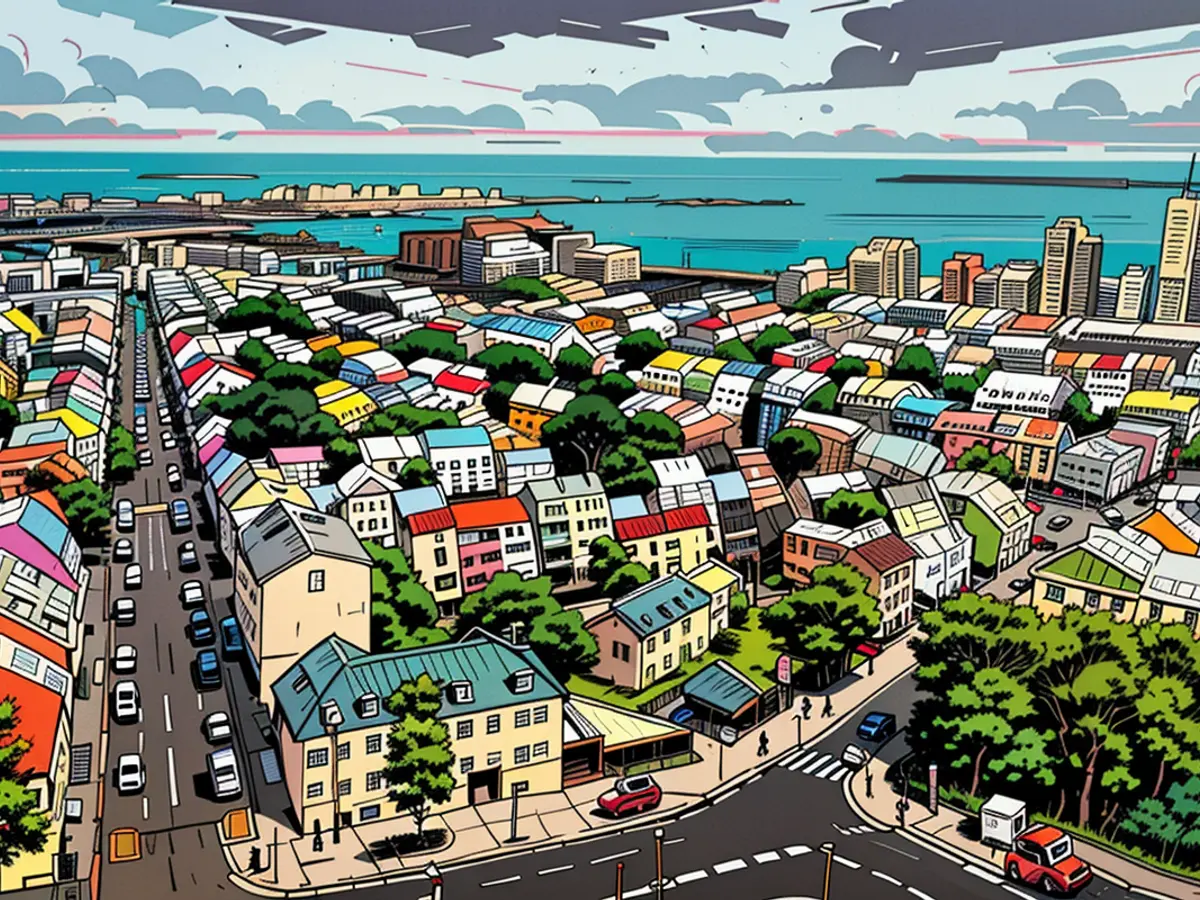Iceland's reduced work week emerges as a notable 'economic triumph'
Between 2020 and 2022, approximately half of the country's workforce agreed to adopt shorter working hours, including a four-day workweek. Two research organizations assert that this figure might be even higher in the present day.
Last year, Iceland surpassed many European nations in economic growth rate and boasted one of the lowest unemployment rates in Europe, according to the Autonomy Institute in the UK and Iceland's Sustainability and Democracy Association (Alda).
"This study represents a true triumph: the adoption of shorter working hours has become prevalent in Iceland... and the economy shows strength across multiple indicators," stated Gudmundur D. Haraldsson, a researcher at Alda, in a statement.
Two substantial trials were conducted between 2015 and 2019, where public sector employees in Iceland worked 35-36 hours per week without a decrease in remuneration. Many individuals involved in these trials had previously worked 40 hours a week.
These trials involved 2,500 participants—representing more than 1% of Iceland's active workforce at that time—with the primary aim of maintaining or boosting productivity while enhancing work-life balance. Researchers discovered that productivity remained constant or improved in the majority of workplaces, while employee well-being saw a "dramatic" improvement in numerous aspects, such as stress, burnout, health, and work-life balance.
Following the trials, labor unions in Iceland negotiated reduced working hours for thousands of their members throughout the nation.
Economic 'thrive'
In 2023, Iceland's economy expanded by 5%, placing it second only to Malta among wealthy European economies, as per the International Monetary Fund's newest Economic Outlook, published recently. This growth rate far surpasses Iceland's typical average growth rate of nearly 2% during the decade between 2006 and 2015.
However, the IMF predicts significantly reduced growth in Iceland for 2024 and 2025.
"Growth will decrease... in 2024 due to further weakening domestic demand and a slowdown in tourism spending," the IMF stated about Iceland's tourism-dependent economy in its July assessment.
Iceland's low unemployment rate is considered a "strong indicator of the economy's vitality," the Autonomy Institute and Alda also observed.
The IMF's Economic Outlook reported a rate of 3.4% unemployment in 2022, significantly lower than the typical 6.8% rate for advanced European economies. The organization anticipates a slight increase to 3.8% in 2023 and 2024.
Numerous experiments with the four-day week have been carried out worldwide. This includes a successful trial in 2022 involving 33 businesses, with majorities based in the United States and Ireland.
The success of the four-day workweek trials in Iceland has led to increased interest in implementing similar schemes in other businesses.
With the strong economic growth and low unemployment rate, companies in Iceland might see improved profits and employee satisfaction by adopting shorter working hours.








